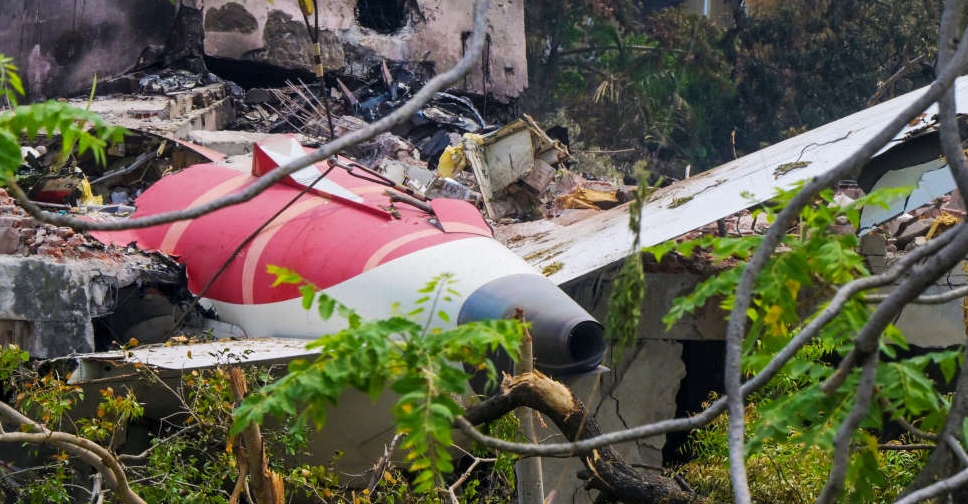
A four-day "extreme heat" warning came into force in parts of England and Wales on Thursday, with temperatures poised to exceed 35 Celsius in another heatwave that could pressure water supplies and transport services.
The Met Office said its amber warning, its second-most severe after red, will last until the end of Sunday, and cautioned that people vulnerable to extreme heat could face adverse health effects.
Temperatures are expected to peak at 35C on Friday and may hit 36C in some places on Saturday.
Much of England and Wales, plus eastern parts of Northern Ireland and Scotland, are forecast to be "sunny and hot or very hot" on Thursday, the Met Office's website showed.
The warning follows the driest July for England since 1935, when temperatures rose above 40C for the first time, turning a renewed spotlight to the impacts of climate change.
Other European nations have also faced a scorching heatwave in recent weeks with temperatures often exceeding 40C.
During July's heatwave, Britain, which is less used to such high temperatures, faced power outages, damage to airport runways and rail tracks and dozens of blazes in London, where the fire brigade faced its busiest week since World War II.
Britain's environment minister George Eustice on Wednesday urged water companies to take precautions to protect water supplies and tackle the effects of the prolonged dry weather.
Several water companies have already imposed restrictions on water usage and supermarkets have limited sales of disposable barbecues that firefighters warn can set light to tinder-dry grass.
This week's amber warning follows Britain's first-ever red "Extreme Heat" warning in July.



 Trump says US will send Patriot missiles to Ukraine
Trump says US will send Patriot missiles to Ukraine
 Fire at Boston-area senior living facility kills at least nine
Fire at Boston-area senior living facility kills at least nine
 Zelenskyy and Kellogg discuss air defence and arms purchases in Kyiv
Zelenskyy and Kellogg discuss air defence and arms purchases in Kyiv
 Fatal Air India crash probe 'far from over' says CEO days after prelim report
Fatal Air India crash probe 'far from over' says CEO days after prelim report



